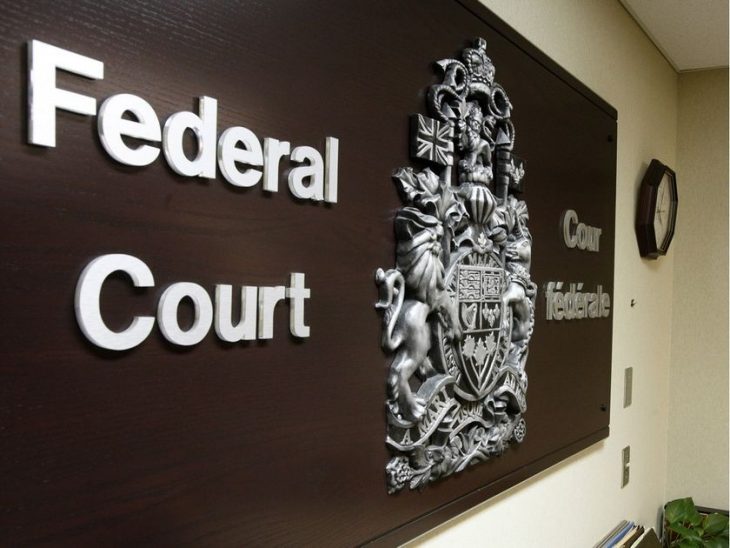
By Ahmad Hathout
OTTAWA – The Federal Court has again denied movie studio Voltage Pictures its request for the court to allow it to group a bunch of alleged copyright infringers to sue because its litigation plan was contrary to the Copyright Act.
Voltage Pictures had to show the court how it was to deal with notifying the hundreds of anonymous alleged downloaders and sharers of its movies about its plan to sue them in a rare reverse class action lawsuit, a process that groups a basket of defendants for a mass lawsuit.
But the studio’s proposal to use the notice-and-notice system – which warns alleged infringers that their activities may be violating copyright law – to tell defendants about legal action against them goes beyond the scope of the notice system as laid out by Parliament, the Federal Court said in a decision Monday.
The crux of the court’s argument is that Parliament clearly intended for there to be a distinction in the notice between an anonymous notice of alleged infringement and subsequent litigation.
Voltage had requested that the notice system allow it to add information beyond what the legislation requires, including a link to a website for the studio could communicate with subscribers and demands for the defendants to send personal information to opt-out of the class, according to the decision.
“If Parliament had intended ISPs to take an active role in limiting acts of copyright infringement, or for notices to include information about legal proceedings, or for notices to attach legal process or court documents, then it would have done so explicitly,” the decision read, which also acknowledged that the reverse class action is the proper mechanism to uphold the rights of the rightsholder.
“Voltage’s litigation plan changes the deterrence function to one of enforcement, thereby disrupting the regime’s balance,” between the rights of the copyright holder and the defendants, the decision added.
By law, the rights holder would need to get a disclosure order from the court forcing the internet service provider to reveal the personal information of the people behind the IP address so that they could send a legal letter to them.
The studio can still amend its litigation plan to present to the court to get it certified.
“Any revised litigation plan must make adequate provision for the funding of Class Counsel and provide a mechanism, other than the notice-and-notice regime under the Copyright Act, to inform Class Members of the class action and subsequent steps in the proceeding,” the decision read.
The case stems from a years-old attempt by Voltage to go after an increasingly dwindling number of defendants, which at one point was an estimated 55,000 alleged infringers. Now that number is hovering around 1,000.
The Federal Court had already denied Voltage its reverse class action certification application once. But the Federal Court of Appeal said the litigation plan question should be determined by the lower court.
The intervenors who opposed Voltage’s request included Bell, Rogers, Telus, Videotron, Cogeco, SaskTel, Xplore, and the University of Ottawa’s Canadian Internet Policy and Public Interest Clinic.
The intervenors argued that Voltage needed to go through the disclosure system to identify the defendants and serve them legal letters that way.
If they had to do as Voltage was asking, the intervenors said they would need to retain subscriber data beyond the limits imposed by the statute, redesign their software systems to preserve data retroactively selected by Voltage, and manually save data for possibly tens of thousands of customers. All this would burden the ISPs, which the legislation was intended to guard against, they argued.
The service providers also expressed concern that if it had to send litigation-related notices, subscribers would think they were being wrongly accused by the provider and would call and complain. That would lead to higher call volumes requiring more customer service agents, complex training for said agents, and could cause subscribers to leave the company.
The providers argued none of this was contemplated in Voltage’s litigation plan.
Earlier this month, Bell asked the Federal Court of Appeal to allow it to introduce and argue in court the novel doctrine of “copyright misuse,” which holds that a rights holder cannot enforce its rights if it violates copyright law.
Bell is accusing said movie studios – which are suing the provider for $400 million for allegedly failing to deliver notices – of abusing the notice system by flooding it with dubious notices.


